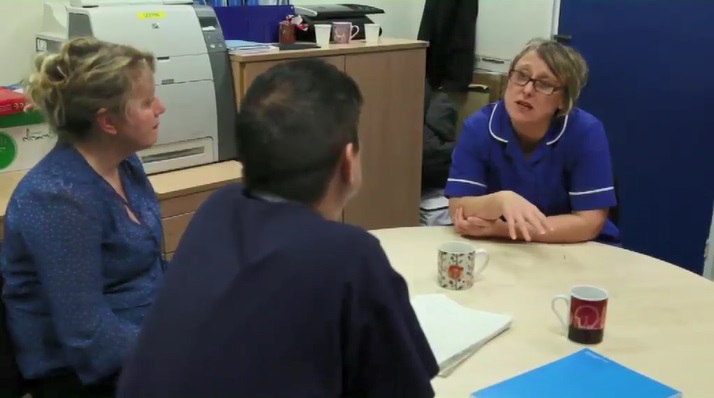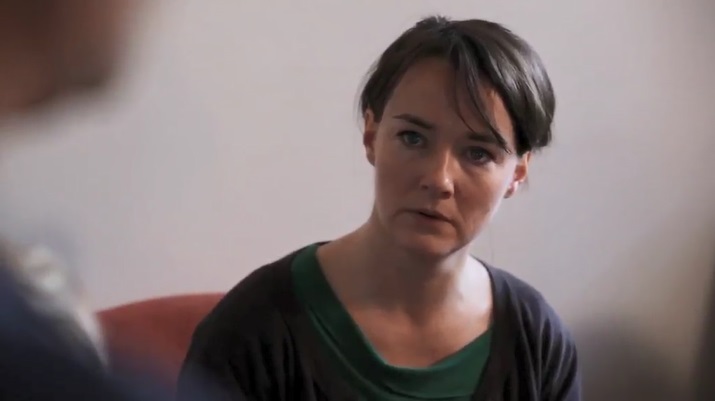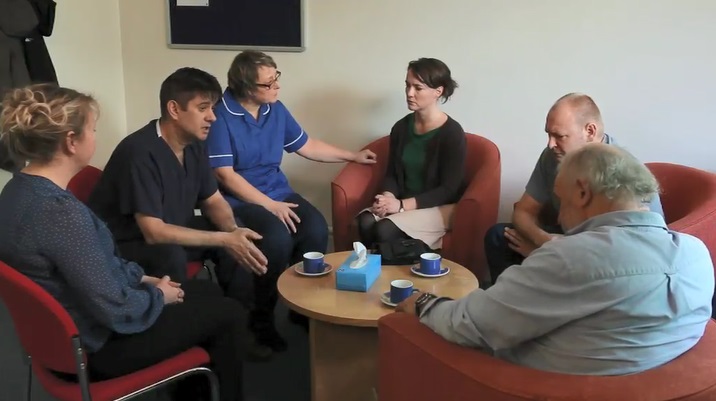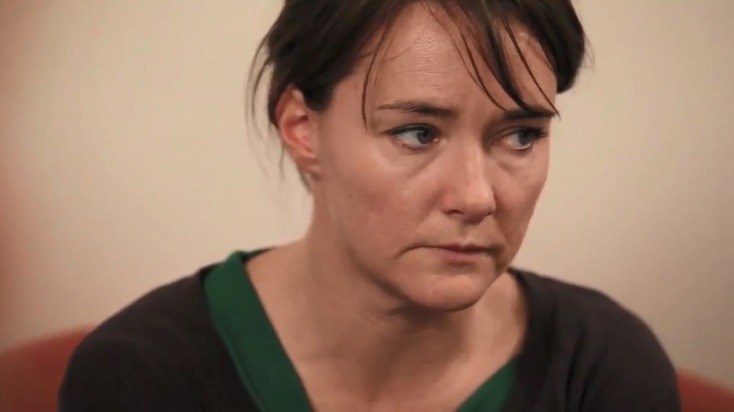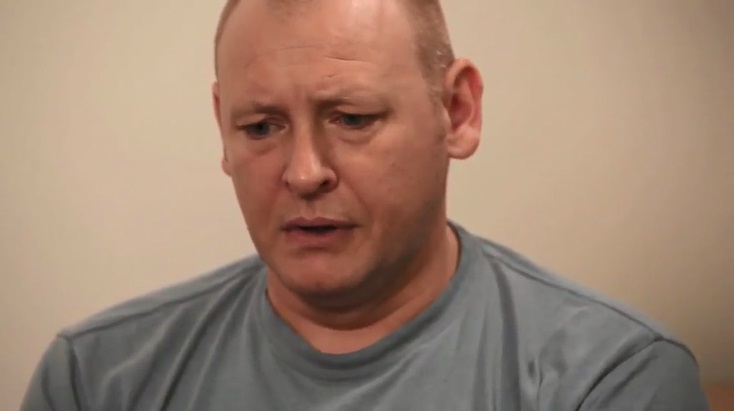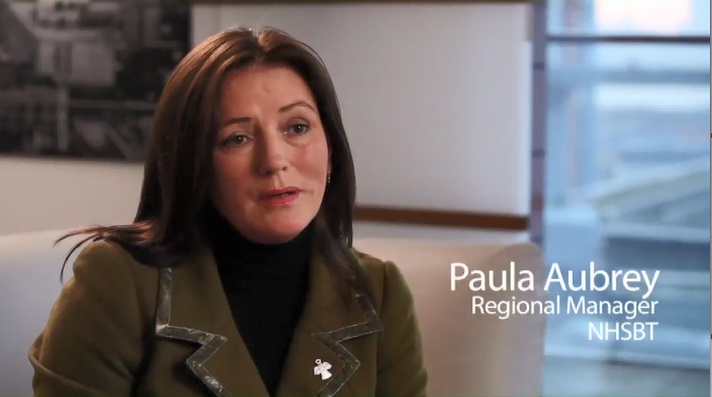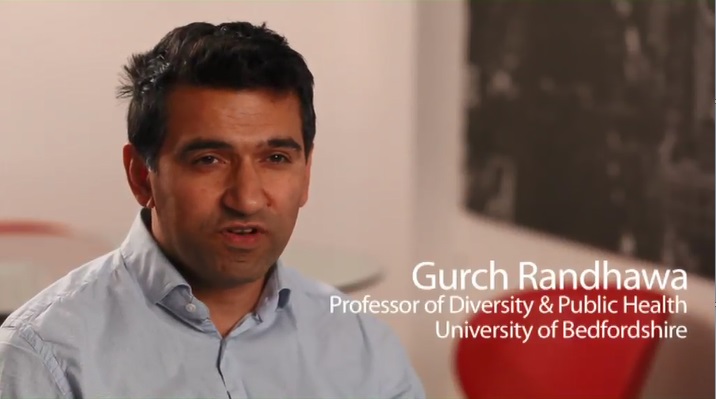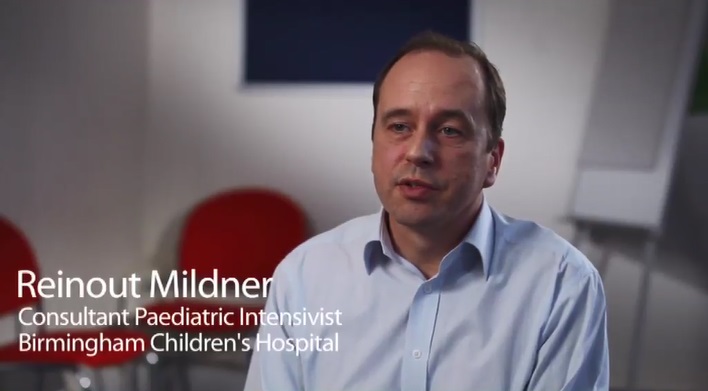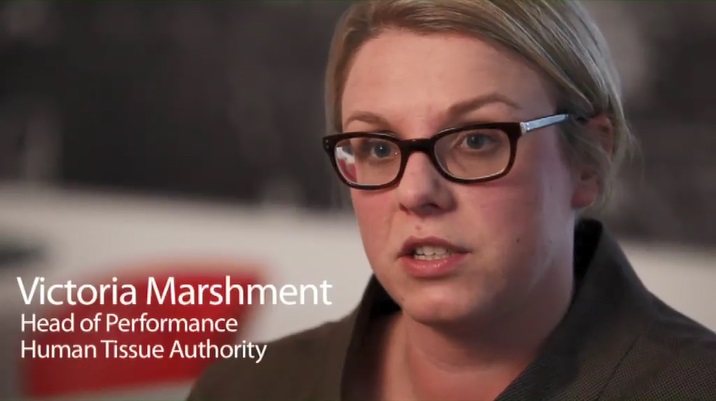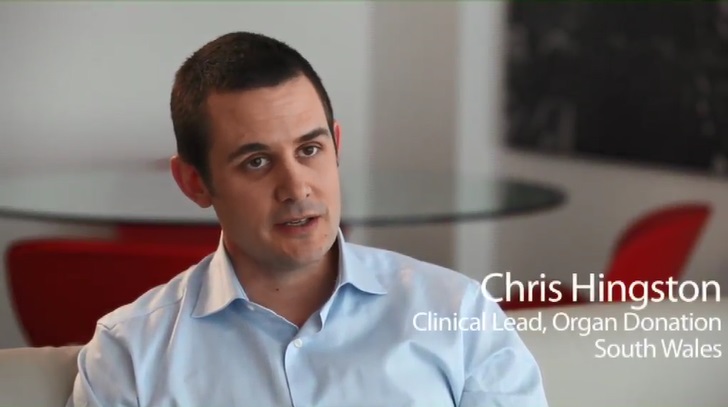Consent and authorisation: the family approach
Approaching the families of potential organ donors: An audio-visual guide for hospital clinicians
This is a practical guide for clinicians who are involved in approaching the families of potential organ donors.
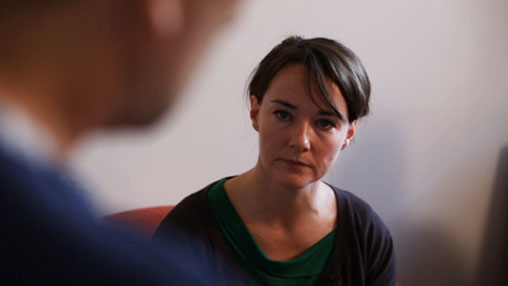
It complements the accompanying Best Practice Guide, and breaks the family approach into three key stages – planning, confirming understanding and acceptance of loss, and discussing donation. It suggests how the approach should be adjusted to suit particular circumstances, such as when the patient is on the NHS Organ Donor Register, and also provides specialist information on specific topics such as legal frameworks for consent and approaching families from Black, Asian and other minority ethnic groups.
Copies of the training DVD are available from your local Specialist Nurse for Organ Donation (SN-OD) or regional organ donation team office.
The training DVD has four main sections. For further details, please see below.
Introduction
The introduction comes from Dr Kevin Gunning, a Vice President of the Intensive Care Society. He emphasises that the principles of good communication described in the DVD are applicable to all circumstances when clinicians are required to deliver bad news to the family of a gravely ill patient in critical care.
The introduction is followed by a mother’s account of being told of her son’s fatal illness and how the possibility of donation was raised. It demonstrates, in a very powerful fashion, how we can sometimes get these discussions very badly wrong.
Approaching the family of potential organ donors
This is the main body of the DVD, in which the three stages of the family approach are dealt with in turn:
- Planning
- Confirming understanding and acceptance of loss
- Discussing donation
The material includes various scenes from a fictitious family approach that was filmed using professional actors. Each scene is accompanied by expert commentary from Dr Angus Vincent, (Consultant in Intensive Care Medicine, Newcastle).
The context for the scenes in this section is the sudden death of a 44-year-old married man from spontaneous aneurysmal subarachnoid haemorrhage whose wishes around organ donation are not known. A 'sliding doors' technique is used to compare good practice with practice that is less than ideal. The key learning points from each scene are discussed as the family approach unfolds. The absolute need to ensure that family members have understood and accepted the death of their loved one before donation is raised is emphasised using real examples that have been reported to us or witnessed by us in our clinical practice.
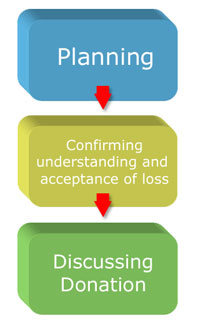
View more video clips
Approaching families in specific circumstances
It is important that careful thought is given to how donation is raised, and that the specific circumstances of the patient and family are taken into account.
Donation after circulatory death (DCD). In this type of donation, it is necessary to raise donation with a family after it has been decided to withdraw life-sustaining treatments but before their loved one has died. Some clinicians fear the possibility of appearing conflicted when they raise donation soon after having discussed treatment withdrawal.
Donation after circulatory death (DCD)
When the patient is on the Organ Donor Register The current legal frameworks for organ donation in the UK give priority to the wishes of the individual, however they have been recorded. Registration on the NHS Organ Donor Register is recognised as consent (or in Scotland, authorisation) for organ retrieval after death. There is no provision at law for a family to object to donation in such circumstances, and neither is their additional consent necessary or indeed relevant. For this reason, best practice recommends that donation is presented to a family in a different way, with a presumption that the wishes of the individual will be honoured.
Transition to SNOD if ON the ODR
Expert views
Whilst no two donations are the same, there are some circumstances that have specific implications for clinical staff who are planning to raise donation with a family. These include: when the possibility of organ donation arises in the Emergency Department; when the potential donor is a young child; or when the patient and their family is from a minority ethnic background.
To view / download brief presentations from UK experts in these areas of practice, click on the links below:
Legal frameworks
The legal framework for consent for organ donation in the UK is complex and sometimes poorly understood. Furthermore, the introduction of 'deemed consent' legislation in Wales in 2015 will have implications for staff across the UK.
To hear from from UK experts in these areas of practice, please see the videos below.


